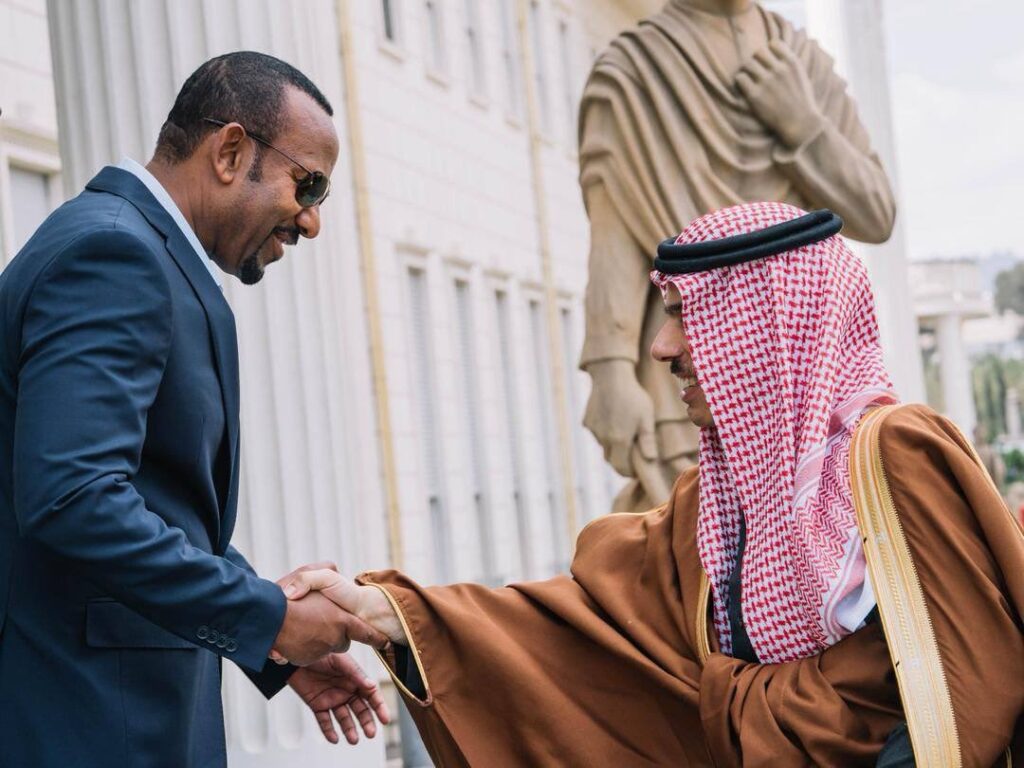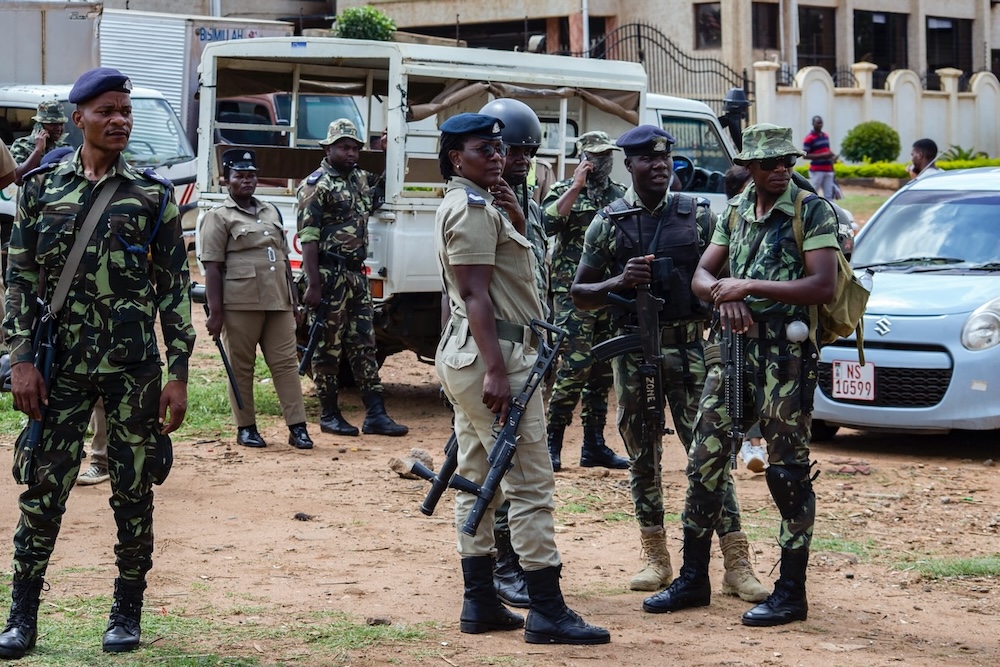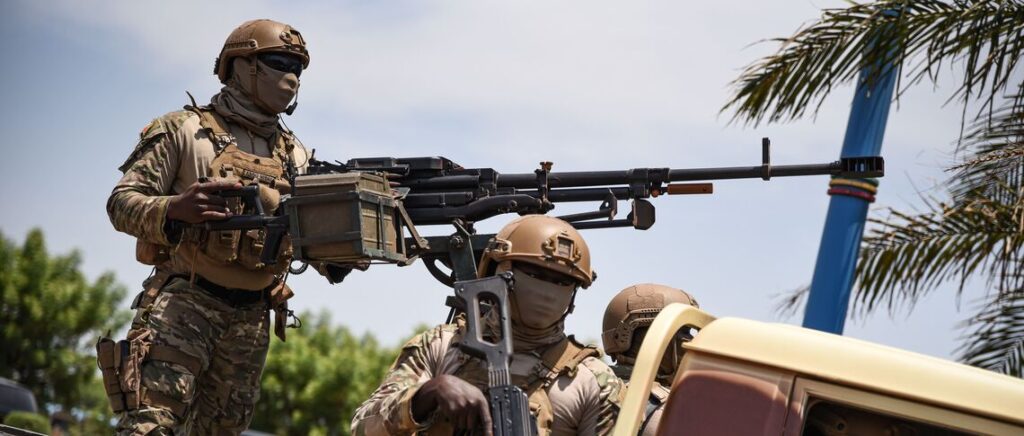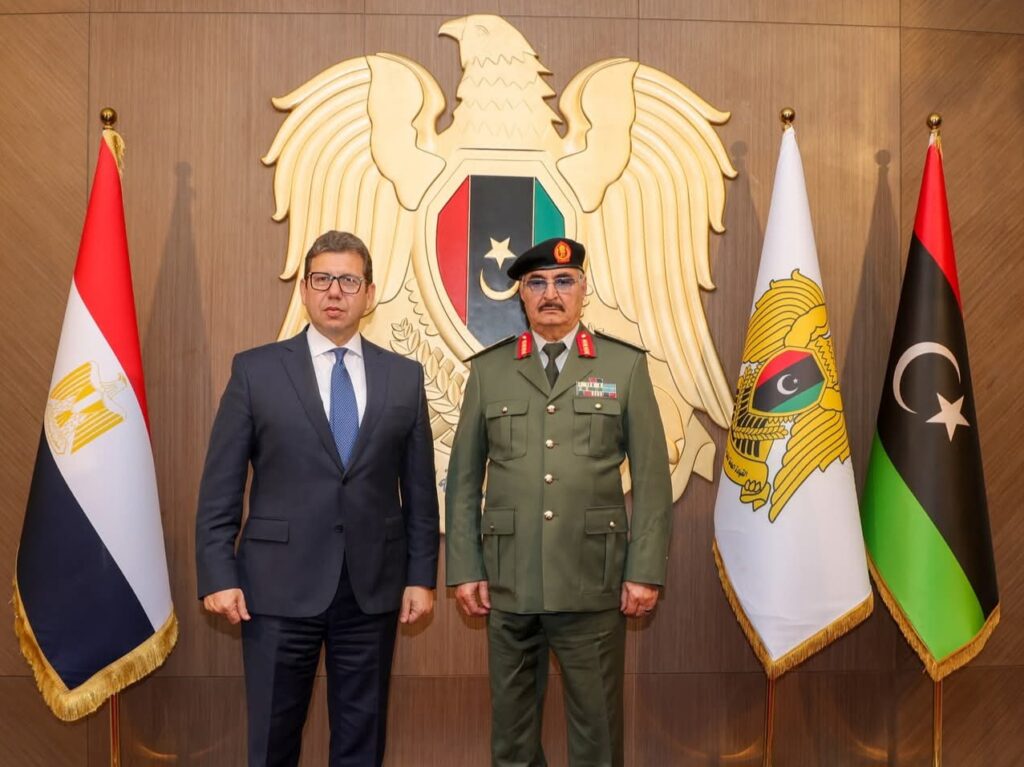
A United Nations advisory panel in Libya has finalised a series of proposals aimed at resolving disputes blocking national elections.
The panel, established by the UN Support Mission in Libya (UNSMIL) in February, wrapped up its consultations this week after months of deliberations with Libyan political actors.
In a statement on Friday, UNSMIL announced it would soon begin talks with local stakeholders based on the committee’s proposals to move the political process forward.
“These options aim to secure a political consensus for holding elections and reuniting state institutions,” the Mission stated.
Libya’s political roadmap has been in deadlock since a planned vote in December 2021 collapsed amid fierce debate over candidate eligibility.
The country has faced persistent turmoil since the 2011 NATO-backed uprising that toppled Muammar Gaddafi, plunging Libya into years of division and conflict.
Since 2014, Libya has been split between rival administrations in the east and west, each backed by competing militias and foreign powers.
The current Tripoli-based Government of National Unity, led by Prime Minister Abdulhamid al-Dbeibah, was appointed through a UN-led process in 2021.
However, the eastern-based House of Representatives in Benghazi no longer recognises Dbeibah’s authority, intensifying the country’s political impasse.
Ordinary Libyans remain doubtful of progress, accusing political leaders of stalling elections to cling to power and prolong the status quo.
With UNSMIL’s latest intervention, hopes have been cautiously rekindled that the cycle of transition may finally give way to a unified and democratic Libya.




